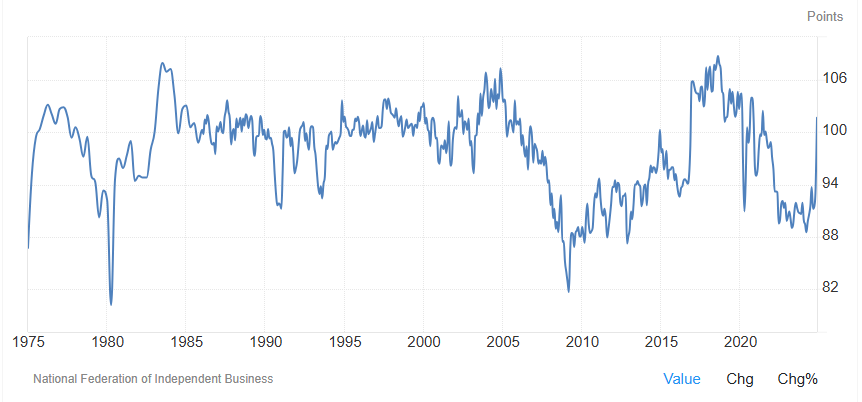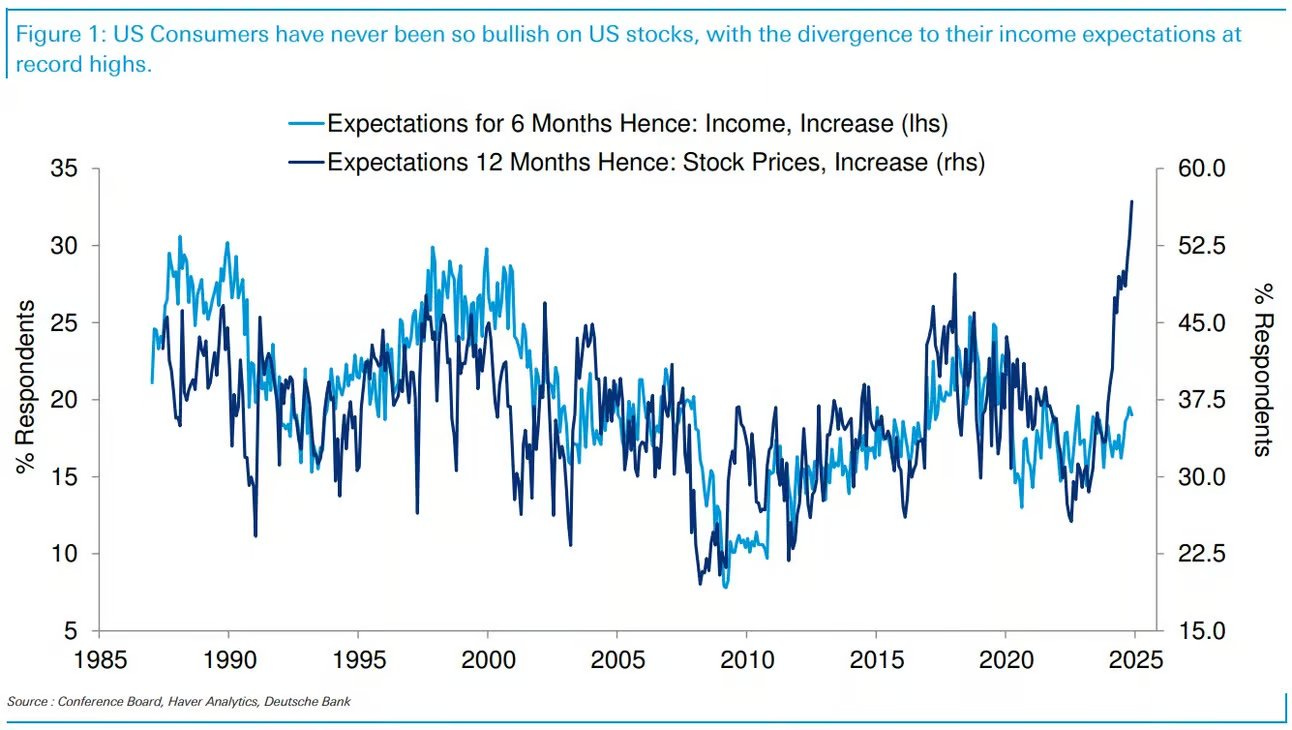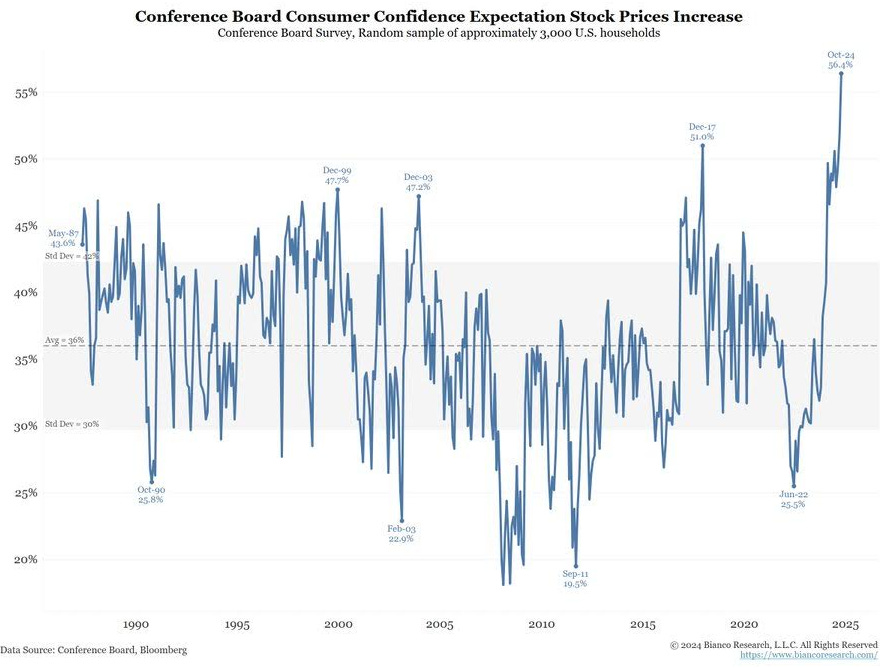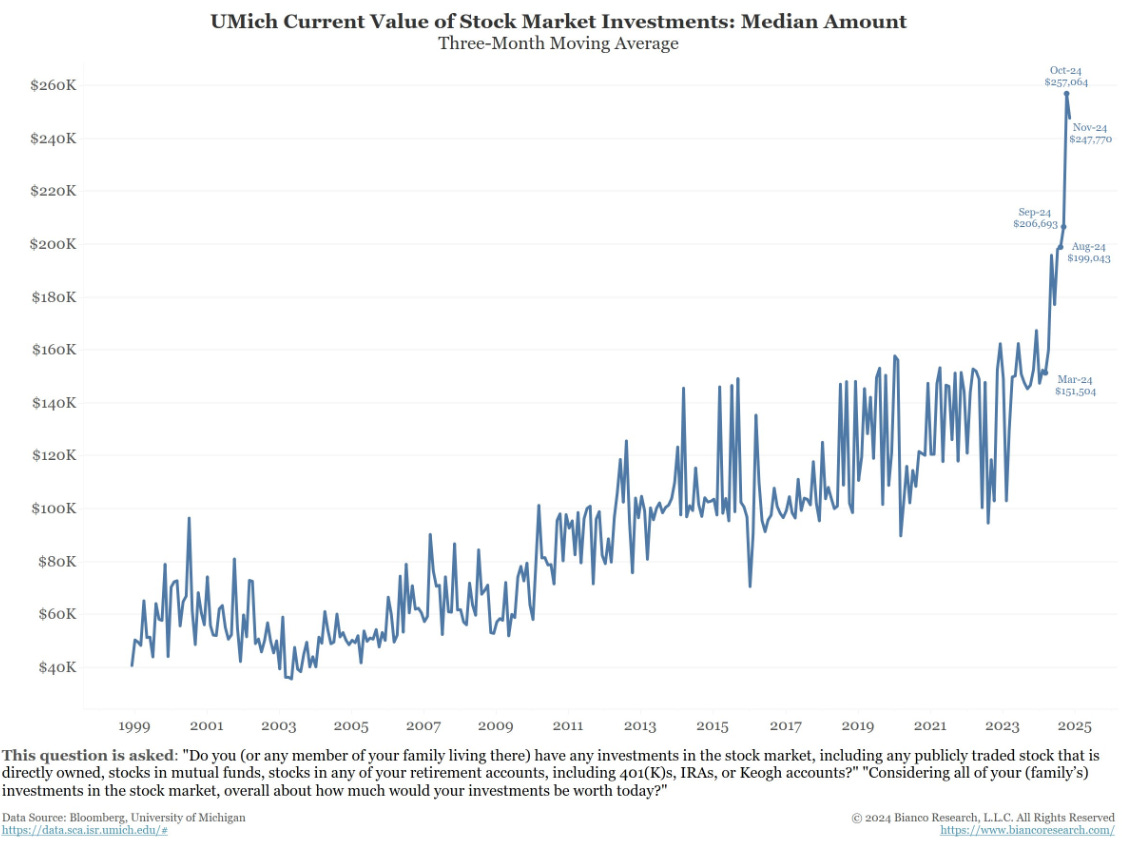"Inflation is not a glitch in the Fed’s manipulation of our economy; it’s a critical feature. As is keeping you as far in debt as possible."
The CPI has been above the Federal Reserve’s made-up 2% YOY target every month since April 2021, 43 months.
Actual Fascism Alert
Identities of Shadow Banks That Use New BOE Tool to Be Secret
“The Bank of England will hide the identities of any pension funds, insurers or hedge funds bailed out under a new financial stability tool to prevent a wider crisis engulfing the economy, Deputy Governor Dave Ramsden said.”
History Repeats Exactly: April 2020
Bill Moyers: Doesn’t this new bailout, include a provision which allows the Fed to meet in secret with no records kept? I mean what the hell is that about?
Neil Barofsky: It’s not encouraging, Bill. It is not encouraging. To put it mildly.
"The text of the final bill was breathtaking in the breadth of new powers it bestowed on the Federal Reserve, including the Fed’s ability to conduct secret meetings with no minutes provided to the American people."
Section 8 of the Original 3-page Paulson/Kashkari TARP Bill, September 2008
“Decisions by the Secretary pursuant to the authority of this Act are non-reviewable and committed to agency discretion, and may not be reviewed by any court of law or any administrative agency.”
From Sorkin’s paean to plutocracy, “Too Big To Fail”:
“Paulson had intentionally chosen not to mention how much the program would cost; after a briefing earlier that morning from Kashkari, he now feared that he might actually need more than the $500 billion he had mentioned to the president a day earlier—a great deal more. Back in his office after the speech, he met with Fromer and Kashkari and debated what the precise cost might be.
“What about $1 trillion?” Kashkari said.
“We’ll get killed,” Paulson said grimly.
“No way,” Fromer said, incredulous at the sum. “Not going to happen. Impossible.”
“Okay,” Kashkari said. “How about $700 billion?”
“I don’t know,” Fromer said. “That’s better than $1 trillion.”
The numbers were, at best, guesstimates, and all three men knew it. The relevant figure would ultimately be the one that represented the most they could possibly ask from Congress without raising too many questions. Whatever that sum turned out to be, they knew they could count on Kashkari to perform some sort of mathematical voodoo to justify it: “There’s around $11 trillion of residential mortgages, there’s around $3 trillion of commercial mortgages, that leads to $14 trillion, roughly five percent of that is $700 billion.” As he plucked numbers from thin air even Kashkari laughed at the absurdity of it all.”
This is a like Ted Bundy bemoaning a rising murder rate:
United States Nfib Business Optimism Index
“The NFIB Small Business Optimism Index in the US jumped to 101.7 in November 2024, the highest reading since June 2021, compared to 93.7 in October and beating forecasts of 94.2. It is also the first time in 34 months that the reading is above the 50-year average of 98, in response to the presidential election.
“The election results signal a major shift in economic policy, leading to a surge in optimism among small business owners. Main Street also became more certain about future business conditions following the election, breaking a nearly three-year streak of record high uncertainty. Owners are particularly hopeful for tax and regulation policies that favor strong economic growth as well as relief from inflationary pressures. In addition, small business owners are eager to expand their operations”, NFIB Chief Economist Bill Dunkelberg. The net percent of owners expecting the economy to improve rose 41 points to a net 36%, the highest since June 2020.”
Income vs Stock Prices Expectations
Wait - aren’t rising stock prices considered income nowadays?
“The percentage of respondents that expect stock prices to rise over the next 12 months. The survey began in May 1987.”
FOMO YOLO!
"We have a good deal of comfort about the capital cushions at these firms at the moment.”
S.E.C. Chairman Chris Cox, March 2008
Below the fold, people named “Porter”, Jesse Felder, Tim Price, Mike Green, Felix Zulauf, Jim Grant, Microstrategy, Consumer Sentiment, the Nasdaq, expensive stocks, apathy, dumb money, Farcoin, Dogecoin, chicken wings, OPEC, finfluencers, Dan Rasmussen, Dating the Rate, mall living, CRE, Canada, the EU, China, Australia, the Rupee, Whitney Webb, Trump Towers, Syria, Marc Faber, Mark Twain, drones(?), cocoa and more!
Keep reading with a 7-day free trial
Subscribe to A Havenstein Moment. to keep reading this post and get 7 days of free access to the full post archives.










